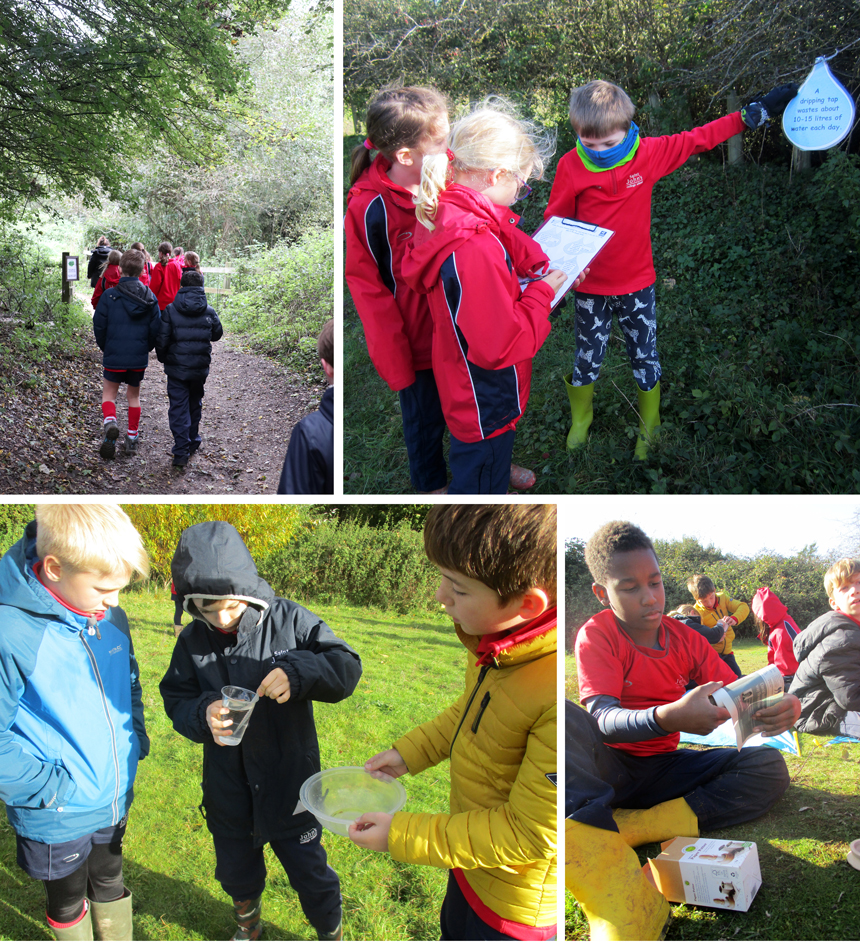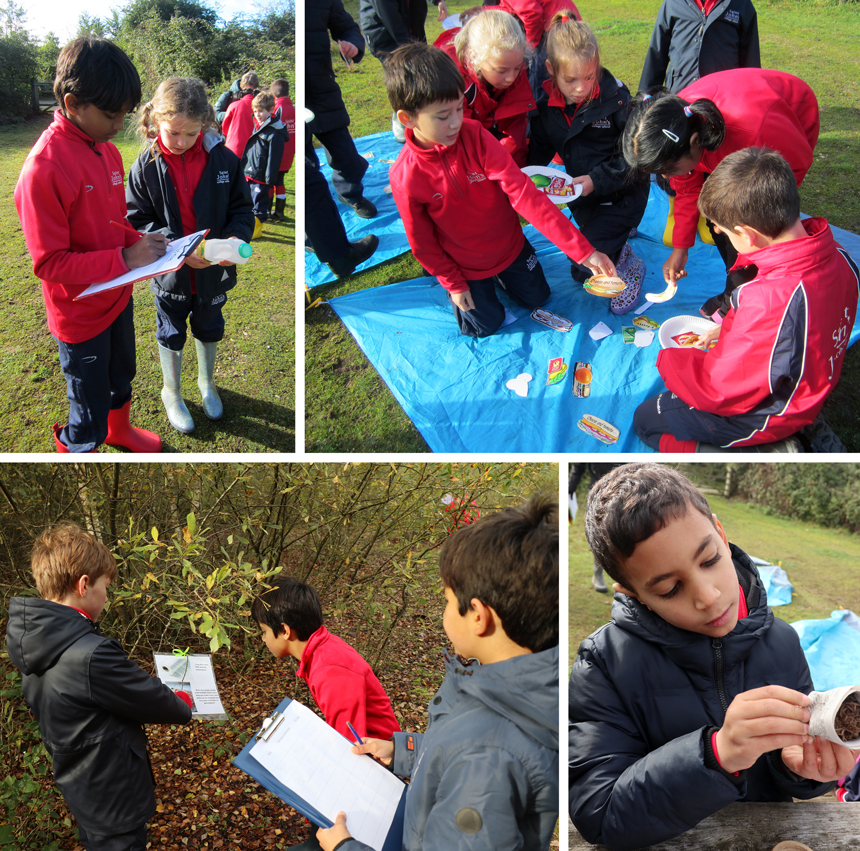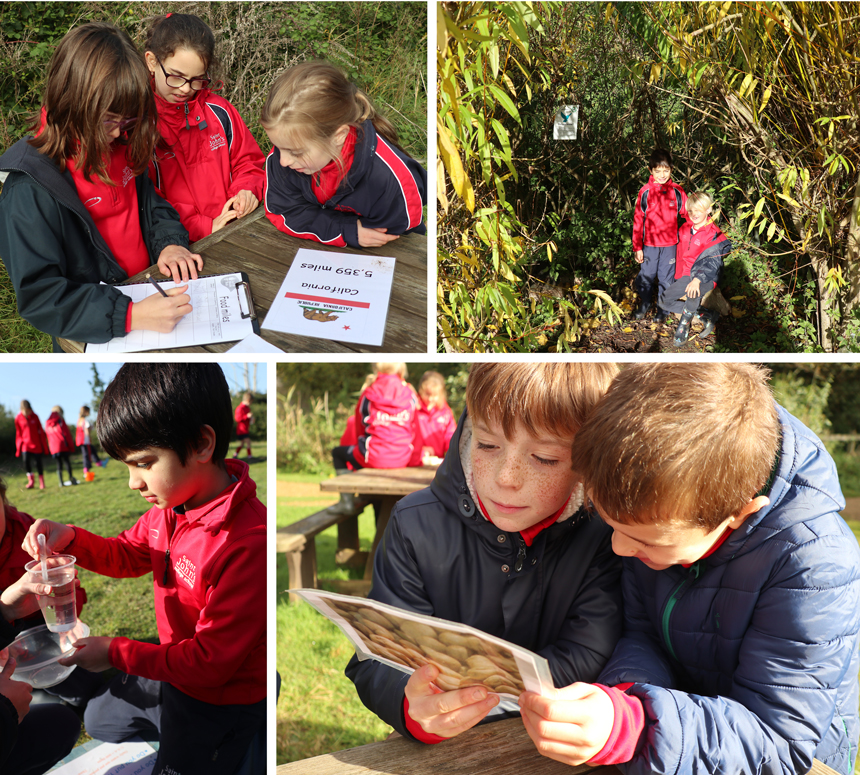Form 2 enjoyed an Eco-action day to Lackford Lakes, part of the Suffolk Wildlife Trust, which was designed to empower and inspire the children to take action for environmental sustainability. The three main activities focused on water conservation, food miles and reducing plastic usage. It was linked to the sustainability work the children have undertaken on Wangari Maathai. Maathai was a Kenyan social, environmental and political activist and the first African woman to win the Nobel Peace Prize. She achieved the Prize for her contribution to sustainable development, democracy and peace.

Lackford Lakes is a wildlife haven created from gravel pits. It is a designated Site of Special Scientific Interest (SSSI), with wetland, woodland, scrub, sandy heath and 11 lakes, birds and other wildlife which can be seen close-up all year round. The main focus of the trip was to investigate our impact on the planet looking particularly at plastics and their journey from lake to ocean. Form 2 pupils looked at how much water they use on a daily basis and efficient methods of using and conserving it. They also explored where food comes from and the miles it therefore had to travel and the impact this had on the environment. The children planted their own lettuce seeds using newspaper plant pots that they made themselves. Concerning plastic reduction, they investigated how long different plastics take to decompose and explored eco-friendly alternatives to using plastic. The children chose one ‘pledge’ they were going to do to reduce their use of plastic.

One Form 2 pupil explained, "I learnt that 95% of all our fruit is imported from abroad and half of our vegetables too. I discovered that food miles are the distance a certain food has to travel from its point of origin to its point of consumption, which is to our kitchen table. I was shocked to find out that only 1% of food is transported by air but it accounts for 11% of carbon emissions." Another child remarked, "90% of rubbish that is floating in our oceans is made from plastic and some of these components are harmful to fish and sealife. This day really made me think about how we can help protect our planet more as a family and a school community."
